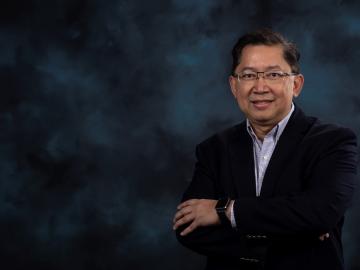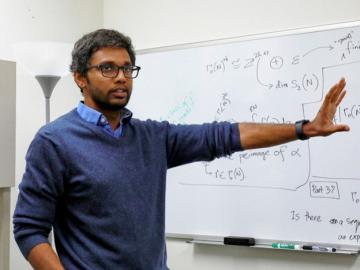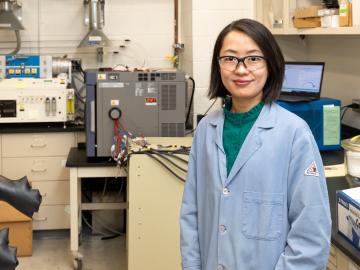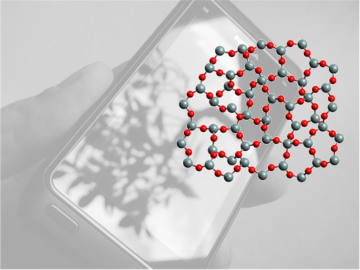Filter News
News Topics
- (-) Mathematics (1)
- (-) Polymers (3)
- 3-D Printing/Advanced Manufacturing (7)
- Advanced Reactors (3)
- Artificial Intelligence (18)
- Big Data (5)
- Bioenergy (7)
- Biology (9)
- Biomedical (5)
- Biotechnology (4)
- Buildings (10)
- Chemical Sciences (8)
- Clean Water (3)
- Climate Change (14)
- Composites (3)
- Computer Science (15)
- Critical Materials (2)
- Decarbonization (15)
- Emergency (1)
- Energy Storage (7)
- Environment (16)
- Exascale Computing (4)
- Fossil Energy (2)
- Frontier (5)
- Fusion (4)
- Grid (5)
- High-Performance Computing (12)
- Isotopes (5)
- ITER (1)
- Machine Learning (7)
- Materials (10)
- Materials Science (8)
- Microscopy (1)
- Nanotechnology (2)
- National Security (12)
- Net Zero (4)
- Neutron Science (8)
- Nuclear Energy (6)
- Partnerships (8)
- Physics (2)
- Quantum Computing (7)
- Quantum Science (9)
- Security (2)
- Simulation (10)
- Space Exploration (2)
- Statistics (2)
- Summit (4)
- Sustainable Energy (11)
- Transportation (8)
Media Contacts

Rigoberto “Gobet” Advincula, a scientist with joint appointments at ORNL and the University of Tennessee, has been named a Fellow of the American Institute for Medical and Biological Engineering.

In the age of easy access to generative AI software, user can take steps to stay safe. Suhas Sreehari, an applied mathematician, identifies misconceptions of generative AI that could lead to unintentionally bad outcomes for a user.

Chelsea Chen, a polymer physicist at ORNL, is studying ion transport in solid electrolytes that could help electric vehicle battery charges last longer.

Corning uses neutron scattering to study the stability of different types of glass. Recently, researchers for the company have found that understanding the stability of the rings of atoms in glass materials can help predict the performance of glass products.




